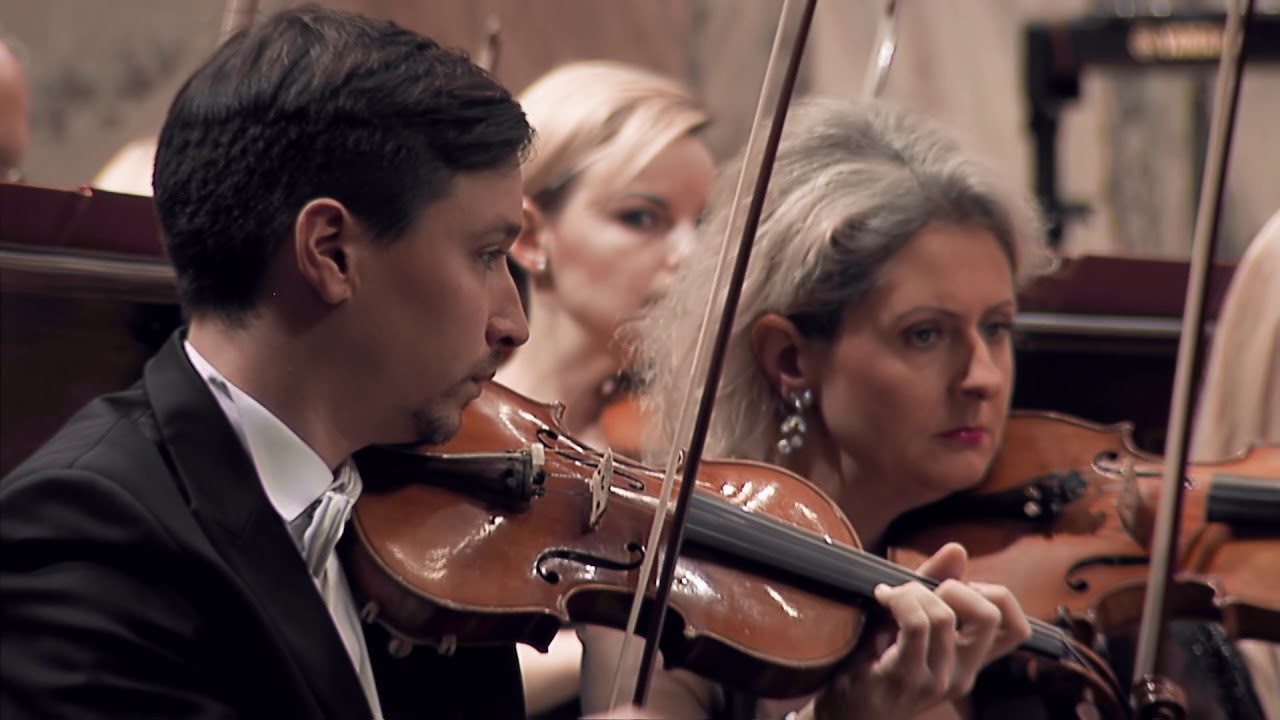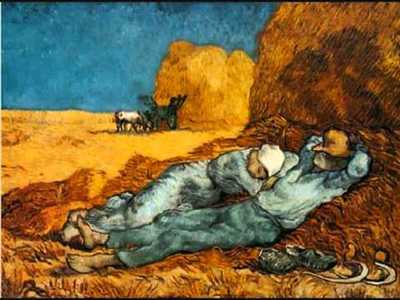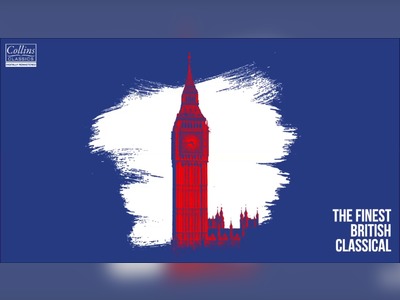British Heritage
Remember, Cherish, Learn.
beta
Edward Elgar Composer
A Composer's Contribution to British Heritage.
Sir Edward Elgar, 1st Baronet, OM, GCVO (1857 – 1934) was an exceptional English composer whose profound impact on the international classical concert repertoire left an indelible mark on British heritage. Through his orchestral masterpieces, choral works, and songs, Elgar displayed an unmatched musical talent that transcended borders and garnered admiration worldwide. His legacy continues to endure, making him one of Britain's most celebrated and influential composers.
Edward Elgar was born on 2 June 1857 in Lower Broadheath, a small village outside Worcester, England. His musical journey began at an early age, influenced by his father, William Henry Elgar, a professional violinist and organist, who encouraged all his children's musical talents. Elgar's mother, a lover of the arts, also played a significant role in nurturing his creative spirit.
Despite his English roots, Elgar's musical influences were largely drawn from continental Europe, setting him apart as a unique composer within his native country. He was self-taught and had a keen interest in the works of Schumann, Brahms, Rubinstein, and Wagner. This musical diversity, coupled with his Roman Catholic faith in Protestant Britain, and his humble origins in a class-conscious society, contributed to the sense of being an outsider that Elgar felt throughout his life.
In his early career, Elgar faced considerable challenges and struggled to achieve recognition until his forties. His compositions during this period garnered modest success but did not bring him widespread acclaim. However, everything changed in 1899 when he produced his iconic work, the "Enigma Variations." This masterpiece immediately struck a chord with audiences in Britain and beyond, catapulting Elgar to the forefront of British music.
Following the success of the "Enigma Variations," Elgar composed the choral work "The Dream of Gerontius" in 1900, which, despite causing some controversy due to its Roman Catholic text, became a core repertory piece in Britain and abroad. In his fifties, Elgar achieved further triumphs with his Symphony No. 1 and his Violin Concerto, both of which solidified his reputation as a leading British composer.
One of Elgar's most enduring contributions to British heritage is the series of five "Pomp and Circumstance Marches." The first of these marches, composed in 1901, includes the well-known "Land of Hope and Glory" trio section, which has become a symbol of national pride and is often associated with celebratory events. In the United States, the trio has been adopted as "The Graduation March" and is played at high school and university graduation ceremonies.
Elgar's later years saw the composition of more significant works, including the Violin Sonata, Piano Quintet, and String Quartet, which showcased his maturity as a composer. Despite facing personal and professional challenges, Elgar remained dedicated to his craft and continued to inspire audiences with his profound compositions.
Elgar's music saw a revival in the 1960s, thanks to new recordings and performances of his works. His contributions to British heritage and the world of classical music continue to be appreciated and celebrated. Although his musical influences were mainly from Europe, his compositions now hold a distinct place in the hearts of British audiences and are recognized as quintessentially English.
Edward Elgar's legacy as a composer is deeply intertwined with British heritage and the classical music tradition. His orchestral masterpieces, choral works, and songs have left an indelible mark on the international concert repertoire. Despite facing struggles and challenges in his early career, Elgar's breakthrough with the "Enigma Variations" propelled him to fame and cemented his position as a leading British composer. His iconic "Pomp and Circumstance Marches" and the ever-popular "Land of Hope and Glory" trio continue to resonate with audiences worldwide, symbolizing the enduring spirit of British music and heritage. Elgar's music remains a testament to the power of creativity, perseverance, and the ability to touch the hearts of millions through the language of melody.
Early Years and Musical Influences
Edward Elgar was born on 2 June 1857 in Lower Broadheath, a small village outside Worcester, England. His musical journey began at an early age, influenced by his father, William Henry Elgar, a professional violinist and organist, who encouraged all his children's musical talents. Elgar's mother, a lover of the arts, also played a significant role in nurturing his creative spirit.
Despite his English roots, Elgar's musical influences were largely drawn from continental Europe, setting him apart as a unique composer within his native country. He was self-taught and had a keen interest in the works of Schumann, Brahms, Rubinstein, and Wagner. This musical diversity, coupled with his Roman Catholic faith in Protestant Britain, and his humble origins in a class-conscious society, contributed to the sense of being an outsider that Elgar felt throughout his life.
Struggle for Recognition and Breakthrough
In his early career, Elgar faced considerable challenges and struggled to achieve recognition until his forties. His compositions during this period garnered modest success but did not bring him widespread acclaim. However, everything changed in 1899 when he produced his iconic work, the "Enigma Variations." This masterpiece immediately struck a chord with audiences in Britain and beyond, catapulting Elgar to the forefront of British music.
Musical Triumphs and Renown
Following the success of the "Enigma Variations," Elgar composed the choral work "The Dream of Gerontius" in 1900, which, despite causing some controversy due to its Roman Catholic text, became a core repertory piece in Britain and abroad. In his fifties, Elgar achieved further triumphs with his Symphony No. 1 and his Violin Concerto, both of which solidified his reputation as a leading British composer.
Pomp and Circumstance Marches and Land of Hope and Glory
One of Elgar's most enduring contributions to British heritage is the series of five "Pomp and Circumstance Marches." The first of these marches, composed in 1901, includes the well-known "Land of Hope and Glory" trio section, which has become a symbol of national pride and is often associated with celebratory events. In the United States, the trio has been adopted as "The Graduation March" and is played at high school and university graduation ceremonies.
Later Years and Legacy
Elgar's later years saw the composition of more significant works, including the Violin Sonata, Piano Quintet, and String Quartet, which showcased his maturity as a composer. Despite facing personal and professional challenges, Elgar remained dedicated to his craft and continued to inspire audiences with his profound compositions.
Recognition and Revival
Elgar's music saw a revival in the 1960s, thanks to new recordings and performances of his works. His contributions to British heritage and the world of classical music continue to be appreciated and celebrated. Although his musical influences were mainly from Europe, his compositions now hold a distinct place in the hearts of British audiences and are recognized as quintessentially English.
Conclusion
Edward Elgar's legacy as a composer is deeply intertwined with British heritage and the classical music tradition. His orchestral masterpieces, choral works, and songs have left an indelible mark on the international concert repertoire. Despite facing struggles and challenges in his early career, Elgar's breakthrough with the "Enigma Variations" propelled him to fame and cemented his position as a leading British composer. His iconic "Pomp and Circumstance Marches" and the ever-popular "Land of Hope and Glory" trio continue to resonate with audiences worldwide, symbolizing the enduring spirit of British music and heritage. Elgar's music remains a testament to the power of creativity, perseverance, and the ability to touch the hearts of millions through the language of melody.
- Edward Elgaren.wikipedia.org

























